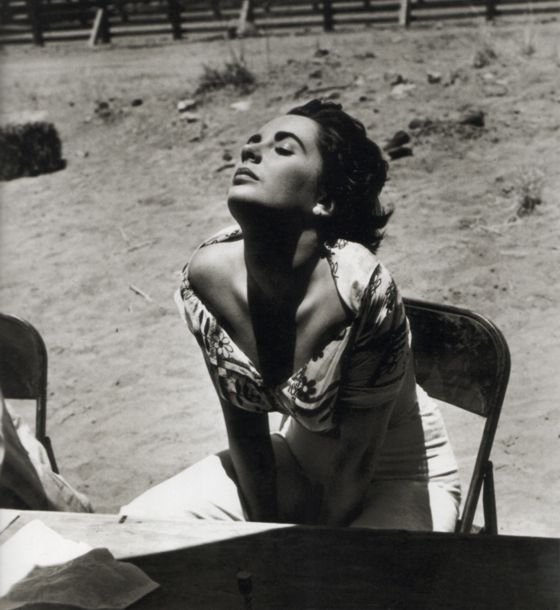
In an appreciation of Elizabeth Taylor at salon.com, on the occasion of her death, Camille Paglia had some valuable things to say about screen acting:
. . . both Ava[Gardner] and Elizabeth [Taylor] at the beginning of
their careers didn't have command of basic technical skills,
particularly dialogue. That's what people laud Meryl Streep for —
“Oh, her accents are so great; oh, her articulation is so perfect.”
But she doesn't really live in her characters, she merely costumes
them. Meryl Streep is always doing drag. But it's so superficial. It
all comes from the brain, not the heart or body. Richard Burton, who
was supposed to become the next great Shakespearean actor after
Laurence Olivier, used to say how much he had learned from Elizabeth
about how to work with the camera. Cinematic acting is extremely
understated. The slightest little flick of an eyelid says an enormous
amount, and that's where Elizabeth Taylor was far superior to Meryl
Streep. Streep is always cranking it and cranking it, working it and
working it, demanding that the audience bow down and “See what I”m
going through! See what I'm doing for you!” Streep is an intelligent,
good actress, but she doesn't come anywhere near Elizabeth Taylor on
the screen. Because she wasn't a trained stage actress like Streep,
Taylor has vocal weaknesses — at high pitch, she can get a bit
screechy — which is perfect for Martha in “Who's Afraid of Virginia
Woolf” but not so good for Cleopatra.
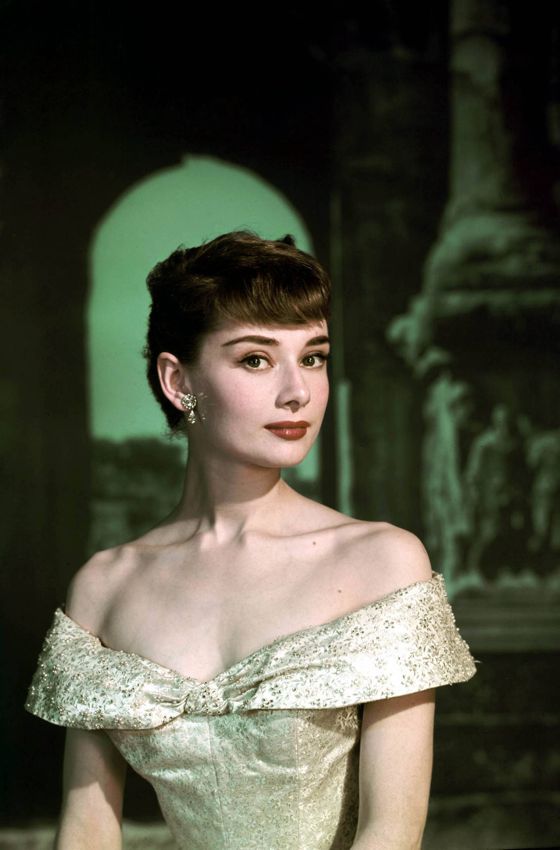
Vocal technique can be learned, but the kind of instinctive knowledge about how to present oneself on screen, which Taylor had, seems to be innate. If you look at early performances in bit roles by Grace Kelly, or at Audrey Hepburn's screen tests for Roman Holiday, you will note deficiencies in vocal technique which brand the actors as inexperienced in their craft, but you just don't care. They are already stars. John Ford saw it when he cast Kelly in Mogambo (below), her first important leading role in a film. William Wyler saw it when he cast Hepburn in Roman Holiday (above), her first role of any kind in a film.
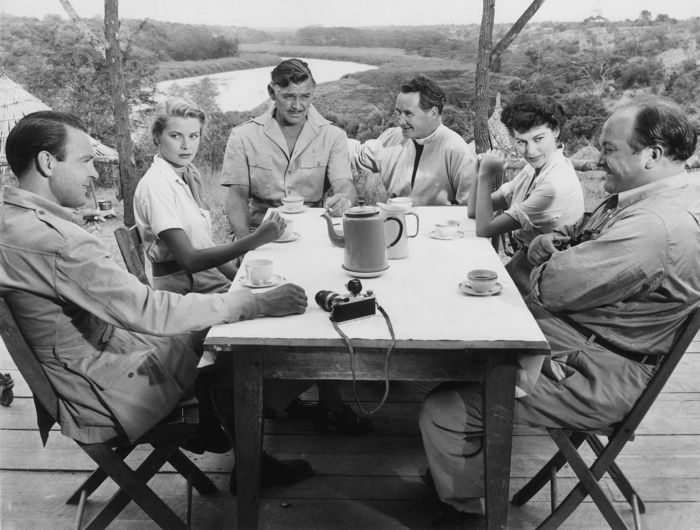
Those two wily old veterans knew that what these actors had was magic, the kind that can't be acquired by any amount of training or experience.
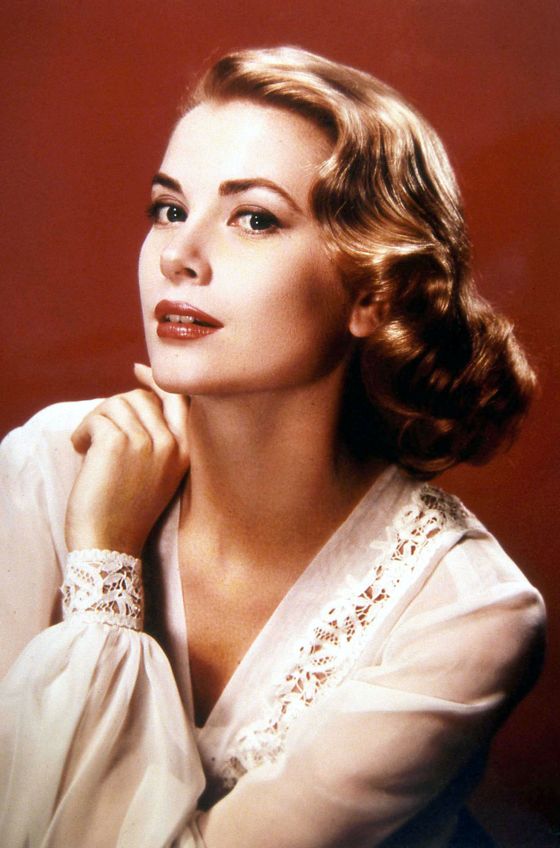
In the studio era, new female acting prospects were put immediately into vocal training classes. The techniques they learned were simple. Young, inexperienced female actors have a tendency to speak in too high a register and don't know how to project when speaking softly, tending to swallow their words when trying to convey intimacy. Lowering the voice and developing the capacity to project an intimate tone are tricks which almost anyone can learn.
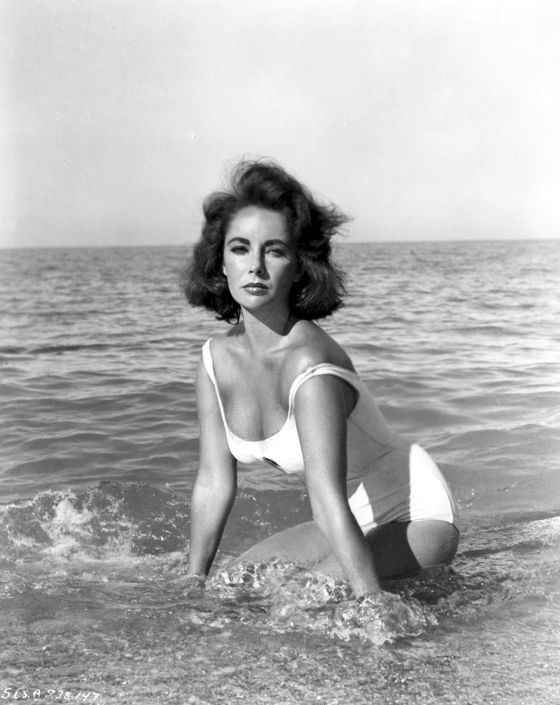
Knowing how to move in cinematic space in a way that conveys character, knowing how to project thought (or just the illusion of thought) through the eyes — these are things an actor either has or doesn't have. Vocal proficiency, as Paglia suggests, is the criterion many people use to judge acting, but it's other qualities that determine the ultimate effectiveness of a screen actor, and make actors stars.
